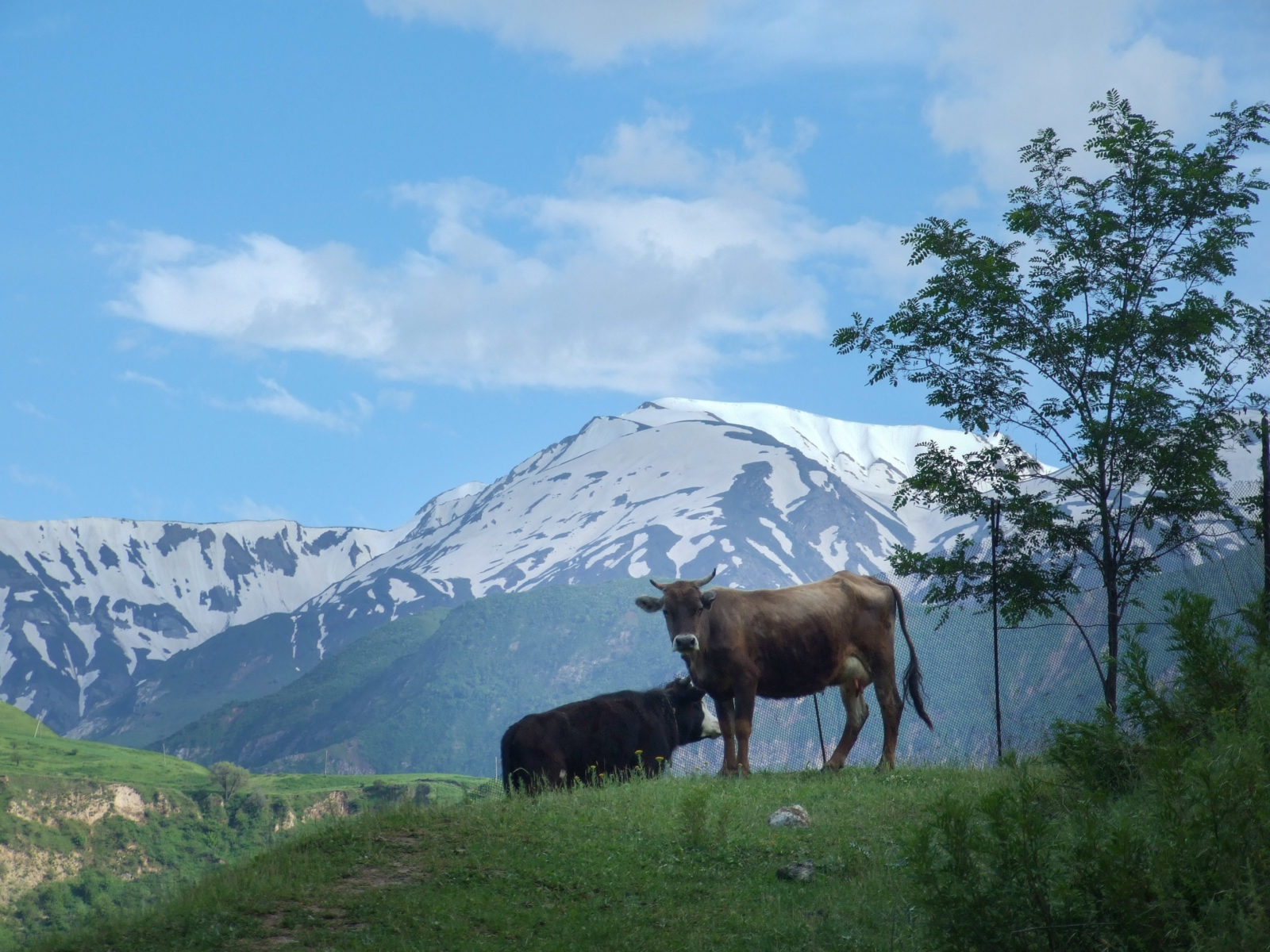A Cow, a Chicken, and the God who forgives: Concept Exploration bridges to the Gospel
21 Oct 2020
Words do not translate neatly between languages. Very rarely is there one-to-one correspondence in the meaning of a word in one language and its nearest equivalent in another. This is true even of nouns used to indicate simple objects but becomes more and more true with words and phrases used to express increasingly abstract concepts such as actions, emotions, values, and beliefs. We may see this as a problem for language learning, but viewed another way, it presents an opportunity for connecting with people and exploring how they think and what they believe. This in turn becomes a bridge to sharing important truths. Take this example, based on an experience from a rural setting in the mountains of Central Asia.

One Spring morning, my host dad, who speaks no English, let his cow out of the stable to graze on the fresh green grass of the mountainside. As the cow wandered happily away my host dad remarked casually in his language that the cow had now become free. As a language learner, I knew the word for “cow” and the word that means more-or-less “has become”. The word ozod was new to me, but I could guess its approximate meaning from the everyday event I’d just observed – it’s a word that indicates when a cow goes from being locked up to being free to enjoy the mountainside. I could have left it at that, happy with the slight expansion in my vocabulary. But as a language learner, this was an opportunity too good to pass up. This was a concept ready to explore! What else does this new word mean? How else can it be applied?
So I asked my host dad about his chickens – if he lets them out of the coop, do they also become “ozod”? My host dad laughed, “No chickens aren’t smart enough to be ozod!”
I could have seen his mirth as a setback, but as a language learner, I know that knowing when a word doesn’t apply is just as important as knowing when it does. So, undeterred, I asked how to describe a prisoner who is let out of jail. Is he “ozod”? “Yes, yes!”, replied my host dad with an enthusiastic smile, happy to join the activity I’d drawn him into for the sake of my learning.
Great! So now I know that both cows and prisoners can become ozod, but chickens can’t. But what else can I explore about this word? Knowing that his country had been formerly part of the Soviet Union but was now independent, I asked him if this was also ozod. A thoughtful look came over his face. “Well you could say that, but really we’ve become istiqlol.”
Ok, so I’m learning more… but what about matters of the heart? Suppose I had insulted my brother (a very serious offense in his culture) and my brother forgave me. Would I then be ozod?… or istiqlol?… or what? “Ahh” said my host dad with a very serious expression, “You would be ozod. That would be very good, very good indeed. Your heart would be ozod.”
Well suppose I knew deep in my heart that I had offended God, but then I came to understand that God forgave me for that terrible sin, would I be ozod? My host dad responded very slowly, “Yes… yes…” He lowered his eyes. “…but what kind of God would do that?”
For the language learner, even a cow on a mountainside or chickens in a coop present an opportunity – not just an opportunity to expand vocabulary, but to explore concepts in the new language and in so doing, to connect with the hearts of precious people and share the truth about who God really is.
-Peter Roberts, Pioneers Language Learning Consultant.
Is God calling you to join the mission field? Get in touch.
